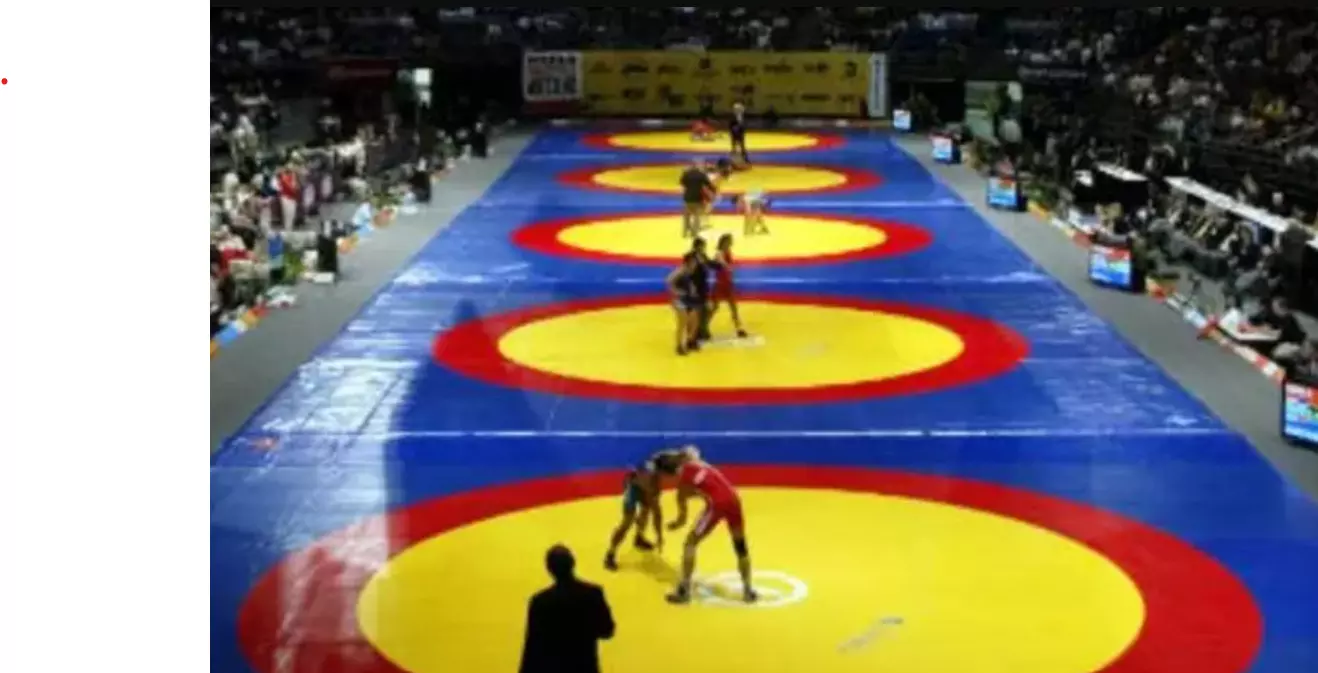Unanswered questions

The recent decision by the United World Wrestling (UWW) to lift the suspension imposed on the Wrestling Federation of India (WFI) undoubtedly comes as a relief to many Indian athletes who were anxiously awaiting the opportunity to compete under the national flag once again on the international stage. However, amidst this seemingly positive development, there remain several pressing questions that continue to linger within the Indian wrestling fraternity.
The turmoil that gripped Indian wrestling over the past year cannot be overlooked. The allegations of sexual abuse against Brij Bhushan Sharan Singh, the former president of WFI and a prominent figure in the BJP, sparked vehement protests from leading wrestlers in the country. It was only under pressure from the central leadership, evidenced by his meeting with JP Nadda, that Singh finally decided to distance himself from the wrestling body. However, his retirement failed to appease the protesting wrestlers, as his close aide, Sanjay Singh, assumed control of the WFI, prompting yet another wave of demonstrations and even the return of awards by some wrestlers in protest. The manner in which the wrestlers protested and the subsequent response from the administration painted a grim picture of the state of affairs within Indian wrestling. Beyond the optics, the gravity of the allegations against Brij Bhushan cannot be ignored, especially considering they were brought forth by some of the nation's most esteemed athletes. Any semblance of immunity afforded to him would undoubtedly tarnish the reputation of the nation on the global stage.
The lifting of the suspension by UWW does not signify a victory for any party involved, nor does it address the fundamental questions raised by the wrestlers' protests. Instead, it reflects UWW's perception that the issues surrounding the untimely WFI elections have been adequately addressed. While it does allow Indian athletes to once again compete internationally, it does little to assuage the concerns and grievances of the wrestling community within India. Furthermore, the lifting of the ban comes with conditions attached. The WFI is required to provide written guarantees to UWW that all wrestlers will be considered for participation without discrimination in all WFI events, including trials for the Olympic Games and other major national and international competitions. This stipulation includes the three athletes who protested against alleged wrongdoing by the former president.
While the WFI president has pledged to comply with these conditions and personally invite the three protesting wrestlers to participate in the upcoming trials for the Olympic qualification tournament in April, many questions still remain unanswered within India's wrestling fraternity. The assurance of participation in international events is undoubtedly a positive step forward, but it does not absolve the underlying issues that have plagued Indian wrestling in recent times.
To sum up, while the decision by UWW to lift the suspension on WFI may offer some respite to Indian athletes eager to compete internationally, it does not address the deeper issues that have marred the sport in the country. Moving forward, it is imperative that the concerns of the wrestling community are addressed transparently and comprehensively to ensure the integrity and reputation of Indian wrestling are upheld on the global stage.




